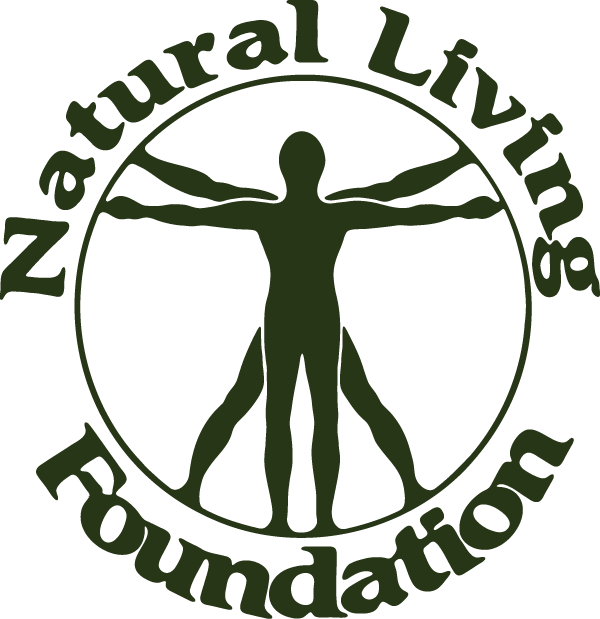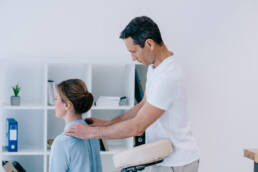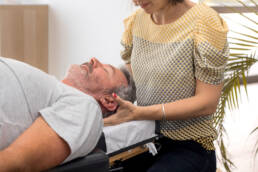Cracking or popping sounds in the body, especially in the lower back, are common experiences. These sounds often occur when you stretch, twist, or move in specific ways. While it may feel good to crack your back, you might wonder if it’s safe and why it happens in the first place.
In this blog, we will explore how to safely crack your lower back like a chiropractor, focusing on techniques that provide relief and enhance mobility. However, it’s important to remember that back cracking should be done with caution. If done incorrectly or excessively, it could lead to injury or worsen existing conditions.
While self-manipulation can provide temporary relief, chiropractic care offers a more comprehensive and professional approach to back health. Understanding the basics of back cracking and when to seek help is essential for long-term spinal health.
What Is Cracking Your Back?
Before diving into techniques to crack your lower back, it’s important to understand what happens when your back “cracks.”
The cracking sound occurs due to a phenomenon known as cavitation. When you move your joints, the pressure inside them changes, and gas bubbles within the synovial fluid (the lubricating fluid in your joints) collapse. This results in the popping or cracking sound that you hear.
In the case of your lower back, the spine’s facet joints — small joints between each vertebra — are the most common culprits when it comes to cracking. The sensation you feel when your back cracks is often a combination of joint mobilization and the release of tension in the muscles and ligaments.
For some people, cracking their back feels relieving, while for others, it can lead to discomfort or increased pain. The key is doing it correctly and not relying on back cracking as a regular form of treatment for spinal issues.
Why You Might Want to Crack Your Lower Back
There are several reasons why people seek to crack their lower back. Understanding these reasons can help determine whether you should continue to crack your back or if professional care is a better option.
Alleviating Tension and Stiffness
If you’ve been sitting for long periods or experience tension from stress, your muscles may feel tight, especially in the lower back. Cracking your back can offer temporary relief by mobilizing the spine and stretching tight muscles.
Reducing Pain
Lower back pain is a common issue, with many individuals suffering from conditions such as muscle strain, herniated discs, or sciatica. Cracking your back might provide temporary relief, but it is not a long-term solution. Chiropractic care, on the other hand, can address the root causes of pain and provide lasting relief.
Improving Mobility
Over time, sitting for prolonged periods, poor posture, or muscle imbalances can limit spinal mobility. Cracking your back can help temporarily restore movement, but ongoing exercises, stretching, and chiropractic adjustments will help maintain flexibility and joint function.
How to Safely Crack Your Lower Back: Techniques You Can Try at Home
While professional chiropractic care is the best way to ensure a healthy spine, there are some techniques you can use at home to safely crack your lower back. Always proceed with caution and stop immediately if you experience pain or discomfort.
The Seated Spinal Twist
The seated spinal twist is a gentle technique that can help crack your lower back safely. Follow these steps:
- Sit on the floor with your legs extended in front of you.
- Bend your right knee and place your foot on the outside of your left thigh.
- Place your left elbow on the outside of your right knee to deepen the twist.
- Slowly twist your torso to the right, looking over your right shoulder while keeping your spine straight.
- Hold for a few seconds and return to the starting position.
- Repeat on the other side.
This movement helps stretch and rotate the spine, which can lead to a gentle crack in the lower back.
The Cat-Cow Stretch
The cat-cow stretch is a dynamic movement that helps mobilize the spine and can provide relief to the lower back. Here’s how to do it:
- Begin on all fours with your hands directly beneath your shoulders and your knees beneath your hips.
- Inhale as you arch your back, dropping your belly toward the floor and lifting your head and tailbone (this is the “cow” position).
- Exhale as you round your back, tucking your chin and pulling your belly button toward your spine (this is the “cat” position).
- Repeat the movement for 10–15 rounds, focusing on your breathing and engaging your core.
This stretch is effective for gently mobilizing the spine, and it may help release tension in the lower back.
The Lying Spinal Twist
The lying spinal twist is another gentle technique to help crack the lower back. To perform it:
- Lie on your back with your knees bent and feet flat on the floor.
- Extend your arms out to the sides in a T-shape.
- Slowly drop both knees to the left side of your body while keeping your shoulders on the floor.
- Hold the position for a few seconds, feeling the stretch in your lower back and spine.
- Return to the starting position and repeat on the other side.
This twisting motion can encourage spinal mobility and may lead to a gentle crack in the lower back.
The Child’s Pose Stretch
Child’s pose is a restorative yoga pose that can help stretch the lower back. While it doesn’t directly crack the back, it can relieve tension and promote flexibility.
- Start in a kneeling position, with your big toes together and knees spread apart.
- Slowly lower your hips back toward your heels while extending your arms forward on the floor.
- Keep your forehead on the ground and breathe deeply, allowing your spine to elongate.
This pose can gently stretch the lower back, relieve tightness, and help alleviate discomfort.
When to Seek Professional Help
While cracking your lower back may provide temporary relief, it’s important to know when it’s time to seek professional chiropractic care. Here are some signs that you should schedule an appointment with a chiropractor:
Persistent Pain
If you experience chronic or recurring lower back pain, it could be a sign of an underlying condition such as a herniated disc, muscle strain, or spinal misalignment. A chiropractor can assess your spine and develop a personalized treatment plan.
Limited Mobility
If your back is consistently stiff, and you have trouble bending, twisting, or standing up straight, it’s time to visit a chiropractor. Spinal adjustments and mobilizations can help improve mobility and prevent long-term issues.
Numbness or Tingling
If you experience numbness, tingling, or weakness in your legs or lower back, it may indicate nerve impingement or irritation. A chiropractor can perform spinal adjustments to relieve pressure on the nerves and improve function.
Benefits of Chiropractic Care for Lower Back Health
While cracking your lower back at home may provide temporary relief, chiropractic care offers several benefits for long-term back health:
Spinal Adjustments
Chiropractors specialize in spinal adjustments, which involve precisely manipulating the spine to correct misalignments and relieve pain. These adjustments help restore proper spinal function, improve range of motion, and reduce pain.
Improved Posture
Chiropractors can help correct postural imbalances that contribute to lower back pain. By improving posture, you can reduce stress on the spine and muscles, preventing pain and injury.
Personalized Treatment Plans
Chiropractors create individualized treatment plans that address your specific needs. Whether it’s spinal manipulation, massage therapy, or corrective exercises, a chiropractor will tailor your care to achieve the best results.
Enhanced Mobility and Flexibility
Chiropractic care improves joint mobility and flexibility through adjustments, stretches, and exercises. By maintaining proper spinal alignment, you can enjoy better movement and reduce the risk of injury.
Conclusion: Cracking Your Lower Back Safely and Effectively
Cracking your lower back can provide temporary relief from stiffness and discomfort, but it’s important to approach it with caution. The techniques we’ve shared in this blog can help you perform safe stretches and movements to mobilize your spine. However, if you experience chronic pain, limited mobility, or other concerning symptoms, it’s essential to seek professional chiropractic care for a more comprehensive approach to spinal health.
At Natural Living Foundation, we are committed to supporting your overall wellness and helping you live a pain-free life. If you’re experiencing persistent lower back issues, consider scheduling a consultation with one of our experienced chiropractors. We offer personalized care to help you achieve lasting relief and restore your quality of life.
Ready to take care of your back health? Contact Natural Living Foundation today to schedule your consultation and experience the benefits of professional chiropractic care.
Ready for an expert opinion? Get in touch today!
Ready to embrace a healthier, more natural lifestyle? Join the movement with the Natural Living Foundation! Together, we can build a brighter, healthier future!
Like this article? Spread the word!
Related Posts
April 15, 2025
How to Sleep With Lower Back Pain and Sciatica for Better Rest
Discover how to sleep better with lower back pain and sciatica using natural remedies,…
March 15, 2025
How to Fix Lower Back Pain From Running: 5 Chiropractic Tips for Natural Healing
Discover how chiropractic care at The Natural Living Foundation can help fix lower back…
February 5, 2025
Achieve Optimal Health with Expert Chiropractic Care at The Natural Living Foundation
Experience exceptional chiropractic care at The Natural Living Foundation in Colorado.…





